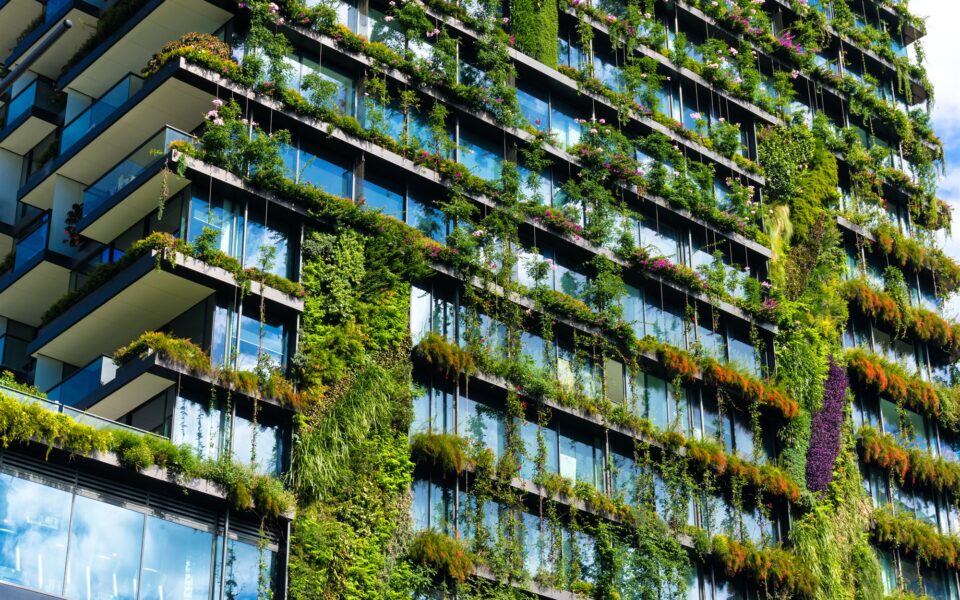
THE FUTURE BELONGS TO SUSTAINABLE BUILDINGS
The buildings in the E.U. produce 36% of C02 emissions, are responsible for 40% of energy consumption and 50% of material extractions. Legislative developments at the European level will be stormy in 2023, estimates the World Council of Sustainable Buildings. The way we construct our buildings in the European Union is going to change drastically in the coming years. The green agreement was the trigger for a series of legislative changes, which will aim not only to reduce the energy consumption of buildings, but also their carbon footprint in general, from the choice of materials and the type of construction, until the service life and the end of the life of the building. And while the countries of the European North are already taking decisive steps in this direction, in Greece the debate is just beginning, with only 70 certified sustainable buildings across the country.
The Sustainable Buildings Council Greece5 (SBC Greece, an independent non-profit organization) yesterday organized a seminar on developments in this emerging sector, with the aim of provoking public debate. “The buildings in the E.U. produce 36% of C02 emissions, are responsible for 40% of energy consumption and 50% of material extractions. That is why the building construction sector has been included in the green deal and developments have been ongoing ever since,” said Audrey Nugent, director at the World Sustainable Building Council. “The challenge in Europe is twofold, because in addition to new construction there is a very large stock of old buildings. In order to achieve the European goals for the climate, we must accelerate the renovation rates, but also create policies for the “footprint” of the building throughout its lifetime (building carbon life). As Ms. Nugent mentioned, legislative developments at the European level will be stormy in 2023, as the Commission simultaneously promotes various policies, such as the revision of the directives on the energy performance of buildings and on the management of construction waste, the European taxonomy (EU Taxonomy), a new regulation on manufactured products.
“In the E.U. the “turn” to sustainable building construction is an absolute priority”, says Alexandros Athanassoulas, president of the Council of Sustainable Buildings of Greece. “In Greece we have made progress in this direction, e.g. with our intervention, a provision was included in the new building regulation for the premium of 10% of the building factor of the buildings that will be certified according to international standards. In general, however, the interventions of the State are directed only at the energy upgrading of buildings. As a result, we are far behind – in 2021 only 70 buildings in Greece were certified as sustainable according to Leed or Breeam. The change concerns not only the institutional part but also the mentality and must come as a demand, not only of developers and buyers (because they will have access to financing) but also of users, i.e. society”. According to Pantelis Levantis, member of the board of directors of the same organization, it is a myth that sustainable buildings are more expensive. “In the life cycle of the building, it is the wisest choice. They are more technically sound buildings than conventional ones, which save energy, have fewer emissions, and offer better conditions to their users.”
